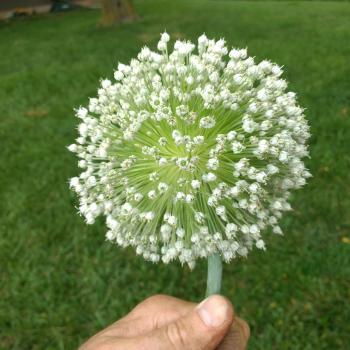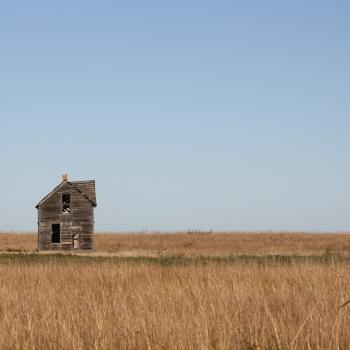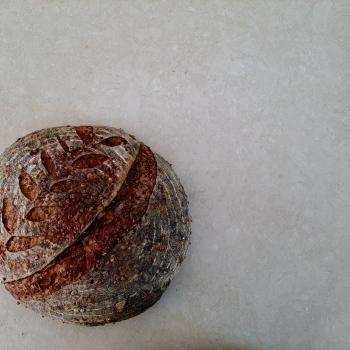 I recently ran out of words.
I recently ran out of words.
I had completed two manuscripts, one on communion for Paraclete Press and another on the rural church for Lexham Press. (Watch this space in 2022!). And then I found that I couldn’t write another thing. A few scrubby little ideas tried to take hold in the salt-plain whiteness of the blank page, but they couldn’t get a footing. They had no root.
To try to get the words flowing again, I shivved my frontal cortex with bitter coffee. I picked at some older material. I journaled my internal state. Still the page remained like a dead thing, a dull rectangle on the screen that wanted nothing and reflected nothing. There’s a kind of infinite promise in a page that has excited me since I was a kid. But just now the page was a big, empty nada.
What happens when you come to the end of your words? It’s only a problem for those of us who cling to pretensions of being a writer. As Annie Dillard put it, there are plenty of folks “whose consciences permitted them to sleep at night despite their not having written a decent sentence that day, or ever” (The Writing Life, p.51). But for those of us who just can’t give up tromping into the woods, pen in hand like a rifle, stalking we-know-not-what to satisfy some foggy drive, we keep finding ourselves planted in front of that all-promising, ever-desolating page, words or no.
When we find ourselves without words, I think it sometimes means we’ve got to take the time to listen. This is when we have to be patient with ourselves and the complicating logistics of our lives. We sit quietly. We wait. We pray. The well is seeping full at the bottom of the darkness, and we have to wait for it.
But writing isn’t recording ideas already buzzing in our heads. Writing is discovery. The thoughts we write don’t exist until we write them. This, in my opinion, is the source of writing’s thrill. We’re creating–actually creating. It may not be ex nihilo, but it’s close enough for horseshoes. Something is coming into being at the end of that sentence’s whiptail that we hadn’t anticipated when we sat down, or began the paragraph, or even when we set out onto the sentence itself. We know we’re going somewhere, and we suspect we’re being led. There’s this mysterious feeling of partnership that comes when we’re really writing. Deep calls to deep. The gift God’s wired into us responds to the movement of the Holy Spirit.
The way, then, that we write when we’ve run out of words is by keeping at it and realizing that we’re always writing beyond ourselves. Every word is a footstep in the dark. We never really had any words to begin with.
I think this is where writing parallels the life of faith. The work is a grace. So much is struggle, but all is gift.












